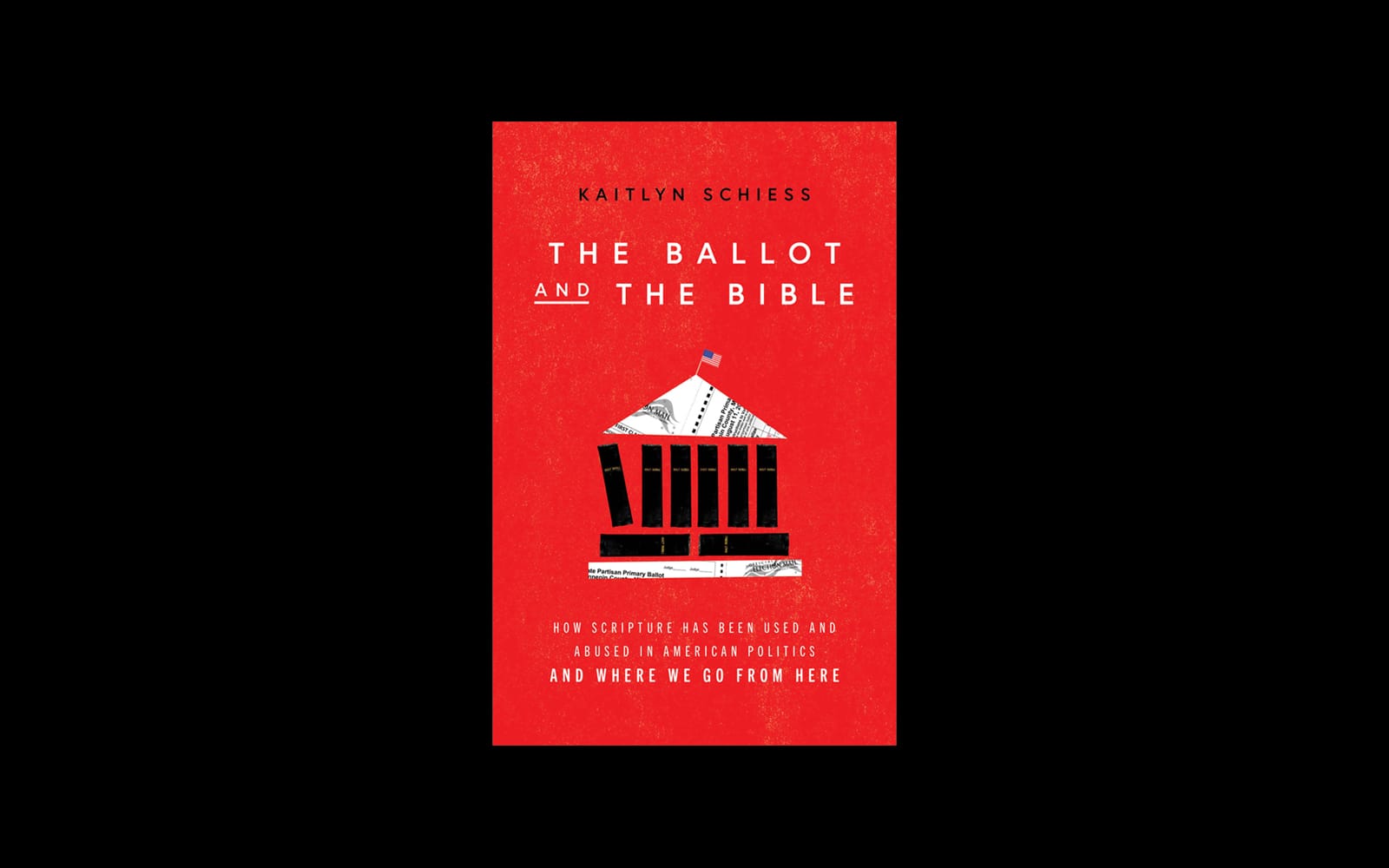Have you ever wondered how our faith and our world’s politics coincide? As Christians, how are we to live in our current political climate? How are we to reconcile what Scripture says about where our authority lies with whom our government tells us to obey?
“The Ballot and the Bible,” hosted by the Asbury Honors Program on Sept. 19 for all students, addressed these deep questions. Writer, speaker and theologian Kaitlyn Schiess spoke on how we are to wrestle with politics as Christians in this world.
Schiess received her Masters of Theology from Dallas Theological Seminary and has written multiple books on these topics, such as “The Liturgy of Politics: Spiritual Formation for the Sake of our Neighbor” and her newest work “The Ballot and the Bible: How Scripture Has Been Used and Abused in American Politics and Where We Go From Here”.
Associate Professor of Political Science at Asbury Dr. Stephen Clements opened up the talk with this statement:
“The Evangelical Church in America has a politics problem.”
After he set the tone for our speaker, Schiess began her talk and prefaced it with this question: “Are we even reading the same Bible?”
The great power that the Bible holds can make it incredibly dangerous and hurtful when used incorrectly, which we see in politics all too often. Schiess took this time to present the concerns and the rewards of using Scripture in our political lives.
She first addressed three “perils” of intertwining politics with Scripture.
The first peril she spoke on regarding Scripture being brought into the world of politics is misapplying God’s promises and forgetting (or neglecting) to use sound judgment.
“When we set the terms of our own covenants, we will claim promises that are not ours to claim – such as Divine Right to a land that God never gave,” Schiess said.
Setting the terms of our own covenants results in incorrectly applying God’s promises to the things in our lives, including political agendas, that we believe should be blessed by the Lord.
The second peril Schiess described is cherry-picking and selective application. The world of politics is no stranger to picking out parts of Scripture and applying them wherever we desire. We look in the Bible for the passages and verses that back up our own personal or political agendas without taking into careful consideration the greater context surrounding the story.
Schiess put it this way: “We want God’s stamp of approval in what we were going to do anyway.”
The final peril Schiess laid out is not listening to the voices the Bible elevates. This includes leaning on our own understanding and neglecting to listen to the wisdom of Scripture.
But here’s the good news: not only are there perils and pitfalls when we try to merge our spiritual lives with our political views, but there are things we can do to intersect these two not-so-separate worlds faithfully.
For starters, Schiess said that we can practice faithful interpretation. We can do that by reading the whole story and gathering enough information to draw an accurate and appropriate conclusion. We can ask how these direct commands, such as obeying the governmental authorities in Romans 13 and obeying God rather than man in Acts 5, can coexist.
Schiess then explained that we are also called to think about our feelings surrounding these stories and to learn to hear the Word of the Lord “against ourselves” rather than always being supportive of what we want to engage in.
“We no longer read the Bible seriously,” Schiess said. “We no longer read it against ourselves but only for ourselves”.
To conclude her talk, Schiess emphasized the point that Scripture should govern not only our Spiritual and personal lives but also our public and political lives. She said:
“I believe that Scripture should shape the whole lives of Christians, including our public and political lives. I want us to submit ourselves, our hearts and our minds, and also our bank accounts, our bodies, and even our votes to the God who reveals Himself in this text”.
Schiess left us with this word on how we are to interact with the world of politics and the Word of God, being faithful stewards of both:
“So, this is the goal for us today: that we would rightly receive and interpret the Bible, hearing it even when it speaks against us”, Schiess said. “We need prophetic Christians today. Not people who enjoy feeling brash or bold or who joyfully enter into conflict, but people who can carefully and courageously read God’s Word and God’s world.”


